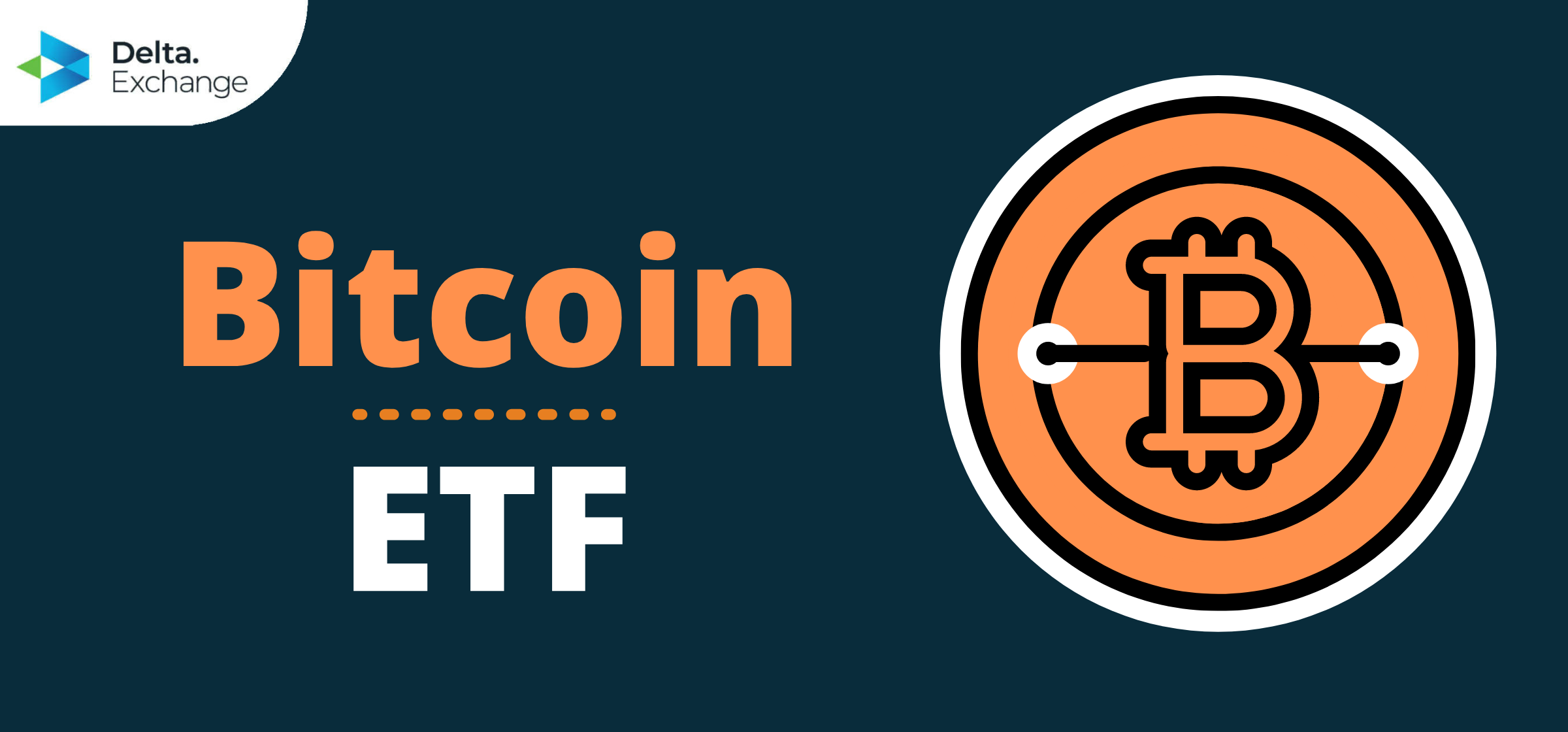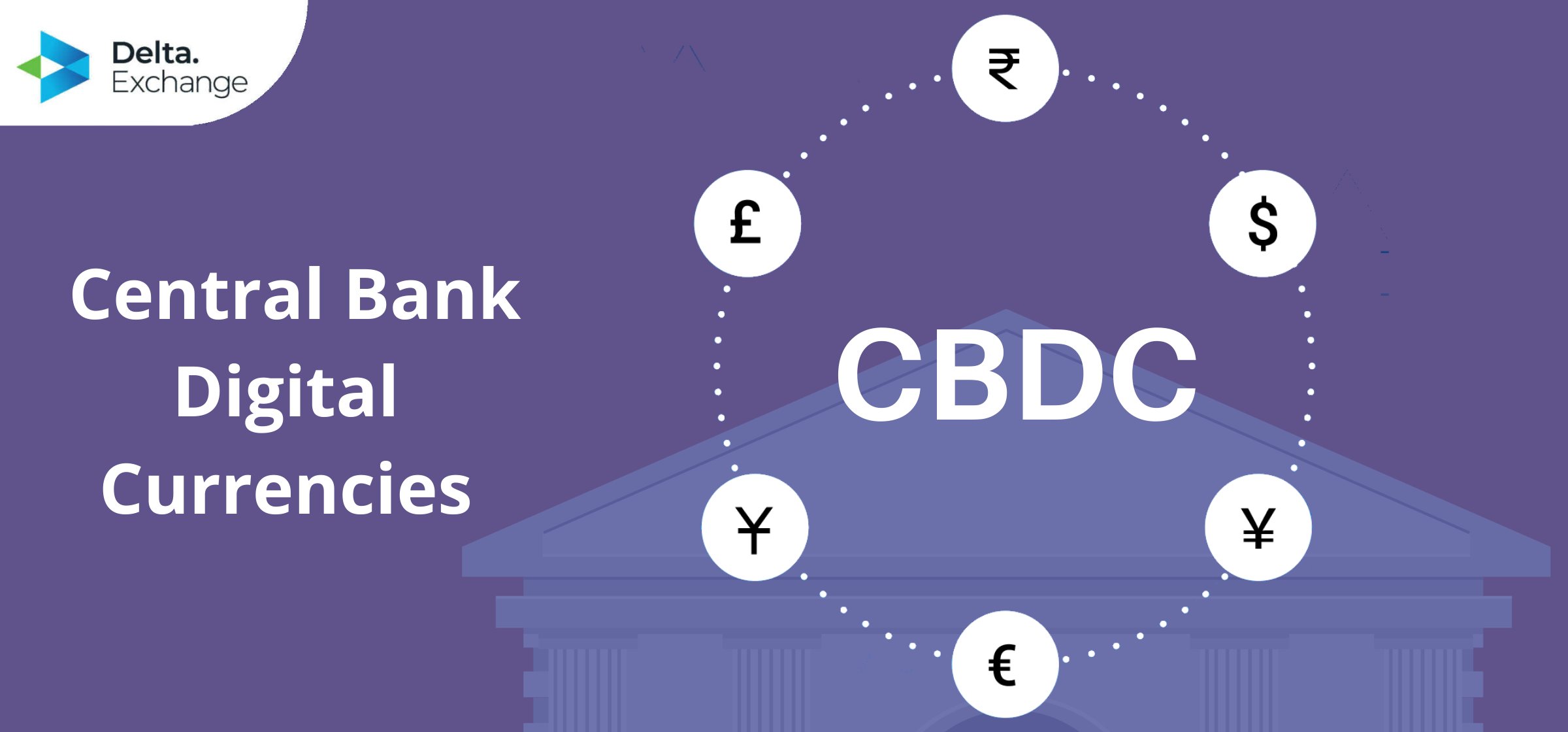Educational
May 13, 2021
What is a Bitcoin ETF?
Shubham GoyalProduct Specialist
Bitcoin ETFs are those exchange-traded funds that monitor Bitcoin’s value and trade on stock exchanges throughout the day instead of separate exchanges of cryptocurrency. Bitcoin ETFs watch Bitcoin’s current price and ought to move in sync with the cryptocurrency’s price fluctuations.
How does the Bitcoin ETF work?
Bitcoin ETFs enable the market to invest in Bitcoin without all the expense of using a cryptocurrency exchange while also offering price leverage. They may be capital-settled or physically-settled, which means that when investors leave, they can obtain either fiat money or Bitcoin. New players can often be confused by technological facets of Bitcoin ownership, such as crypto wallets and private keys, which may discourage many investors. So through Bitcoin ETFs, they won’t have to deal with the intricate storing and security protocols that are necessary. ETFs are a simpler option to purchasing and selling individual assets for those who want to concentrate solely on profits and losses.
Bitcoin ETFs seem to be a big deal in the Bitcoin community. Although Canada already has three Bitcoin exchange-traded funds (ETFs), the United States has yet to sanction those for trade. However, with the introduction of a Bitcoin ETF in North America, many expect the SEC to jump on board with this in the United States soon. As per the legal system set up in most European countries, there are no crypto ETFs.
Aside from the uncertain laws surrounding them, holding Bitcoin calls for maintaining a Bitcoin wallet and trusting cryptocurrency exchanges, all of which are still new territory for those unfamiliar with the space and necessarily involve some self-education.
Advantages of Bitcoin ETFs
1. Exposure to Crypto World
Making investments in a Bitcoin ETF allows you to gain exposure to the price of Bitcoin without having to understand how it functions, registering for a cryptocurrency exchange, or take on the responsibilities of actively owning bitcoin.
2. Diversification of Portfolio
An ETF lets investors hold a variety of assets. A Bitcoin ETF, for instance, may hold Bitcoin, Apple stocks and other assets, allowing investors to diversify their portfolio while reducing the risk. A Bitcoin ETF will therefore enable investors to diversify their current equity holdings by trading on a stock exchange.
3. Liquidation
Since traditional exchanges are more liquid than cryptocurrency exchanges, buying and selling ETFs is far simpler.
4. Tax
Traditional financial instruments have far clearer tax consequences and guidelines than digital properties. On standard exchanges, a bitcoin ETF will be supervised by and qualified for tax performance.
Disadvantages of Bitcoin ETFs
1. Additional Charges
For the flexibility they offer, ETFs normally charge management charges. As a result, owning a large number of bitcoin ETF shares could result in increased management charges over years.
2. Absence of Bitcoin Features
Bitcoin offers a way to mitigate financial system risks by being decentralized. Bitcoin therefore protects users and developers by using the bitcoin blockchain to have anonymity. Since a bitcoin ETF will be supervised by the government, these perks will be missing.
3. Lack of Accuracy
Although ETFs monitor the price of an underlying asset, they may also hold multiple assets to diversify a portfolio. Even so, because of the exchange-traded fund’s other assets, a 50% increase in bitcoin’s price might not be correctly reflected in its value. As a result, while an ETF could provide leverage to the price of bitcoin, this might or might not be a precise predictor of its value.
4. Time Consuming
ETFs can only be traded during market trading hours, while crypto markets are open all the time. This implies that when the price of bitcoin changes dramatically, investors may have to wait several hours before they can sell and buy more.
Conclusion
While the Bitcoin ETF has its own share of pros and cons, the world is surely gradually changing its take on Bitcoin ETFs with time. The Purpose Bitcoin ETF, which debuted on the Toronto Stock Exchange last month, was the world’s first Bitcoin ETF. The ETF’s assets under management have surpassed $1 billion only a month after its launch (AUM).
Countries like Canada and Brazil hence have already started acknowledging Bitcoin ETFs and are benefiting with its adoption. On the other hand, some nations are still skeptical about it. In recent years, the demand for a Bitcoin exchange-traded fund has grown, as the cryptocurrency market (and crypto exchanges) continues to rise and be more popular among investors.
FuturesTrade Futures & Perpetual Swaps on 25+ crypto assets, with up to 100x leverage
OptionsTrade call, put or MOVE options on BTC, ETH, BNB and LINK
Interest Rate SwapsInterest rate derivatives that enable swap of fixed-floating rates
Mock Trading PlatformLearn Crypto Derivatives trading without risking real capital
Research & AnalyticsExclusive data, charts and analytics to help you trade smarter













